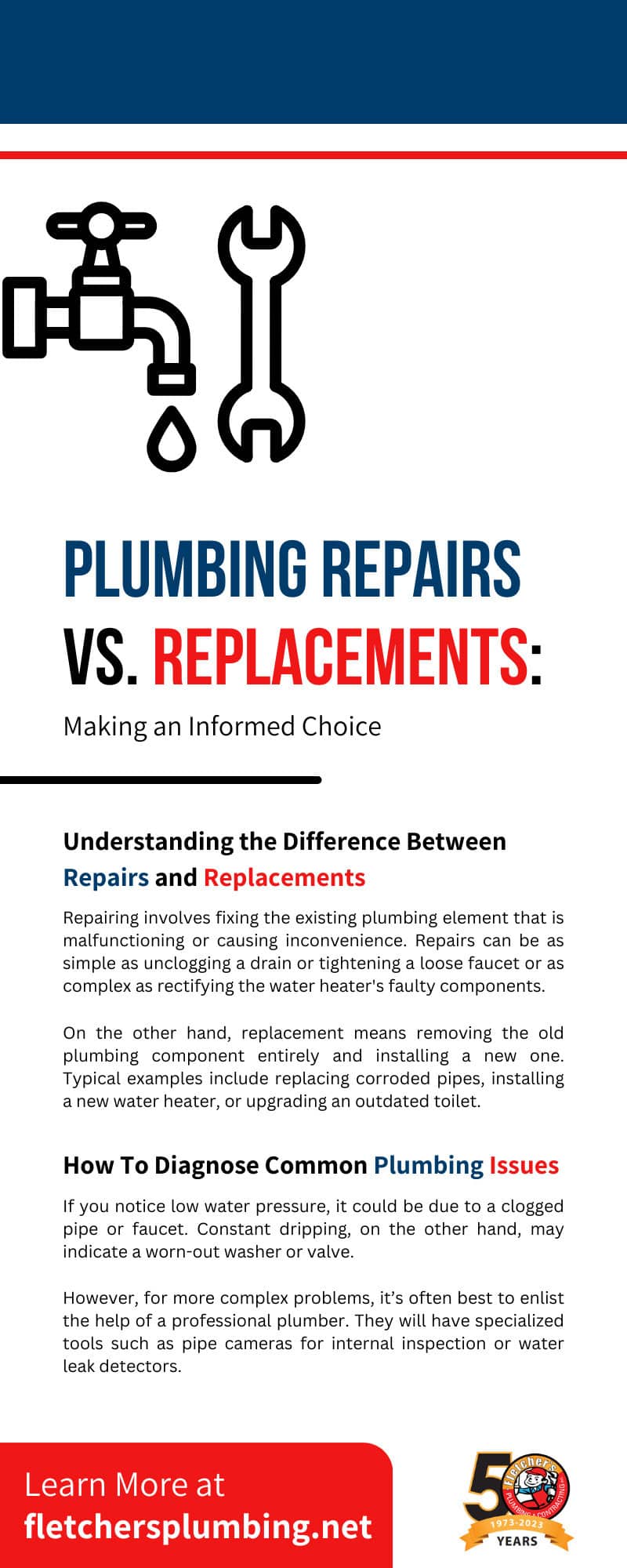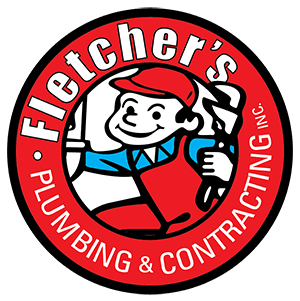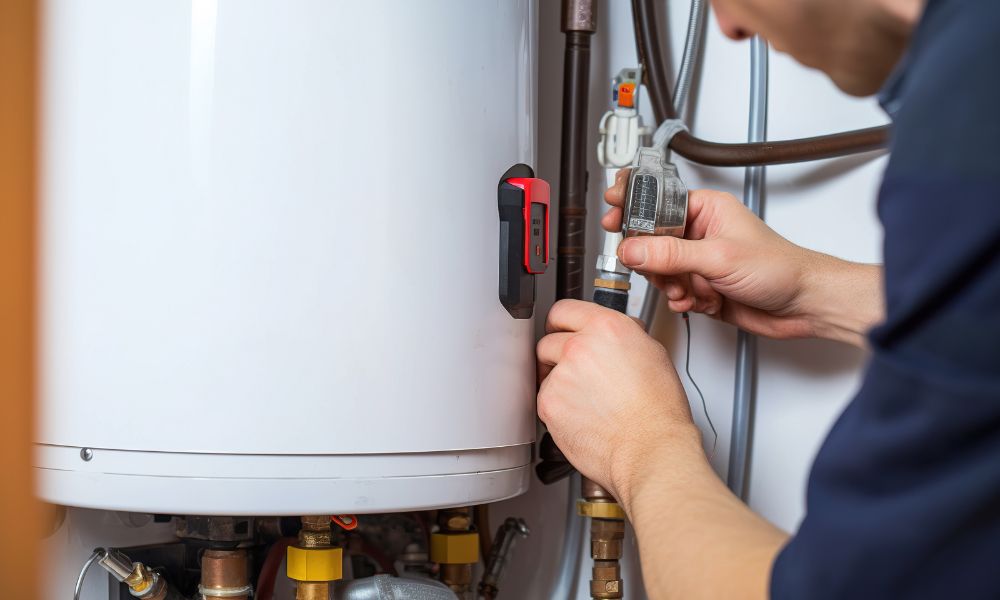Plumbing Repairs vs. Replacements: Making an Informed Choice
When it comes to maintaining your home’s plumbing system, one of the key decisions you’ll often face is whether to repair or replace problematic components. This choice can have significant implications, both for your household’s everyday comfort and your wallet.
Let’s look at how to make an informed choice between plumbing repairs vs. replacements and ensure your home’s plumbing stays in tip-top shape.
Understanding the Difference Between Repairs and Replacements
Repairing involves fixing the existing plumbing element that is malfunctioning or causing inconvenience. Repairs can be as simple as unclogging a drain or tightening a loose faucet or as complex as rectifying the water heater’s faulty components. The key advantage of repairing over replacing is that it can often be less costly and quicker, causing minimal disruption to your household routine.
On the other hand, replacement means removing the old plumbing component entirely and installing a new one. Typical examples include replacing corroded pipes, installing a new water heater, or upgrading an outdated toilet. While replacements can be costlier and more time-consuming than repairs, they can provide a more sustainable, long-term solution, particularly if your existing plumbing system or its components are old or severely damaged.
Plus, replacements can also offer the opportunity to upgrade to more efficient and modern fixtures, helping you save on utility bills in the long run.
How To Diagnose Common Plumbing Issues
Before diagnosing common plumbing issues, you first need to understand the symptoms of such issues. If you notice low water pressure, it could be due to a clogged pipe or faucet. Constant dripping, on the other hand, may indicate a worn-out washer or valve. Unusually high water bills could imply a hidden leak, while discolored water often signifies pipe corrosion. Once you’ve identified the symptoms, it’s crucial to investigate further. DIY methods like visual inspection or using a plunger could be helpful for simple issues.
However, for more complex problems, it’s often best to enlist the help of a professional plumber. They will have specialized tools such as pipe cameras for internal inspection or water leak detectors. Early diagnosis can prevent minor issues from escalating into major ones, potentially saving significant repair or replacement costs. Always consider professional advice when you’re unsure of how to address an issue, as improper handling can exacerbate the problem, leading to unnecessary expenses and hassles.
The Benefits of Professional Plumbing Services
Hiring professional plumbing services has distinct advantages. Professionals bring a wealth of experience and knowledge that ensures efficient and effective solutions to your plumbing woes. The expertise of trained plumbers allows them to accurately diagnose issues, offer the most appropriate solutions, and correctly perform the necessary tasks, minimizing the risk of future problems. Moreover, professional services often come with warranties, providing peace of mind that if the issue recurs, you can address it without additional charges.
When it comes to replacements, plumbing professionals can provide valuable guidance on the latest models and the best options to suit your needs and budget. They can help make your home more eco-friendly, for instance, by installing low-flow fixtures, dual-flush toilets, or high-efficiency water heaters. By advising on and installing energy-efficient models, they can help you reduce your environmental footprint and save on utility bills.
Therefore, while DIY repairs can be tempting, relying on professional services can benefit the health and longevity of your home’s plumbing system.
What Maintenance Is Necessary for Plumbing Systems
Regular maintenance is vital to keep your plumbing system functioning optimally and to avoid costly repairs or replacements. This includes regular checks for leaks in your pipes and faucets, which can lead to water wastage and structural damage over time. Keep an eye out for slow drains, as this could be a sign of a developing clog. Regularly cleaning your drains with natural methods such as hot water, vinegar, and baking soda can help prevent debris build-up and keep your plumbing system running smoothly.
You should also regularly inspect your water heater for any signs of corrosion or leaks. Flushing it annually can also help remove sediment build-up and increase efficiency. Moreover, insulating your pipes can prevent freezing during the cold months, avoiding potential bursts.
Additionally, be mindful of what you flush down the toilet or pour down the drain to prevent clogs. Not all items are suitable for disposal in this way. Generally, you should prevent any items other than toilet paper and organic waste from going down the toilet. Avoid pouring oils or grease down kitchen drains, as they can solidify and cause blockages.
Although you can do some basic maintenance tasks yourself, scheduling regular professional inspections is wise. Plumbers have the skills and tools to spot potential issues before they escalate and advise on the best action. This proactive approach can extend the lifespan of your plumbing system and save you money in the long run.
Knowing When It’s Time To Replace Your System
While regular maintenance can extend your plumbing system’s lifespan, certain signs indicate it might be time for a complete replacement. Frequent and recurring problems, such as leaks, clogs, or low water pressure, are clear indicators of underlying issues. If you repeatedly call for repair services, replacing the faulty components or even the entire system might be more economical. Also, any visible signs of corrosion or degradation on your pipes, including discoloration, flaking, or dimpling, suggest a replacement might be necessary.
Water color can also be a helpful indicator of underlying problems. If your water has a brown or yellow tint, this may point to corroded pipes. Additionally, if your plumbing system is over 50 years old, it’s probably a good idea to have it assessed by a professional for a potential replacement. Lastly, if you’re planning a significant home renovation, it might be an opportune time to upgrade your plumbing system, especially if your current one is old or problematic. An efficient, modern system not only enhances the comfort and convenience of your household; it also increase the value of your property.
Navigating the choices between plumbing repairs and replacements can be complex. However, with a clear understanding of the differences, the ability to diagnose common issues, an appreciation for the benefits of professional services, and an awareness of the importance of regular maintenance and timely replacements, homeowners can make informed decisions to ensure their plumbing systems stay in excellent condition. In conjunction with finding a reliable and affordable plumber, these practices can help maintain the health and longevity of your plumbing system, safeguarding your home’s comfort and value while potentially saving you time, hassle, and money in the long run. Proactive care today can prevent costly fixes tomorrow in home plumbing.
If you need local plumbing services in Northern California, Fletcher’s Plumbing & Contracting can provide professional, reliable assistance. With over 50 years of experience and a team of certified technicians, we offer top-quality plumbing repairs, replacements, and maintenance services to keep your home’s plumbing in excellent condition. Contact us today to schedule an appointment or request a free quote for any plumbing project you may have.


